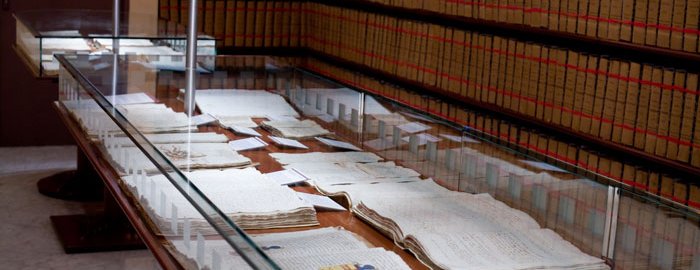
The notary advises citizens and businesses, at no cost, advising on the best way to give legal shape to that contracting.
The citizens have the right to a free choice of notary, as they are distributed geographically all around the territory, even in small towns of 1,000 inhabitants.
Private individuals
Among the notarial functions addressed to private individuals is carrying out any legal act related with private civil and mercantile contracting, family life and succession by cause of death. Among these, they draw up wills and living wills, grant powers of attorney, form companies, deal with the purchase and sale of real estate, the regulation of tutelary bodies, etc.
The notary advises citizens and businesses, at no cost, advising on the best way to give legal shape to that contracting. The citizens have the right to a free choice of notary, as they are distributed geographically all around the territory, even in small towns of 1,000 inhabitants.
Family and Personal Actions
These are actions related with the express wishes of whoever signs them to transfer their assets, set measures of protection or recognition, establish family links, etc. Among these are the following:
- Will
- Living will
- Donation
- Self-protection
- Declaration of intestate heirs
- Emancipation of a child
- Information to charitable entities the beneficiaries of legacies or inheritances of which they are unaware
- Inventory of goods
- Statement and division of inheritance and acts of partition
- Measures of protection of handicapped or disabled family members
- Stable unions of couples
- Alteration of the matrimonial regime
Dwellings and Real Estate
With reference to legal business linked to the home or any other real estate asset. Examples are:
- Purchase and sale
- Constitution of mortgage loans
- Cancellation, novation and substitution of mortgages
- Extrajudicial enforcement of mortgage
- Rentals
- Communication to town halls of new properties transferred or created
- Constitution of easements or charges
- Constitution of usufructs and income
- Communications to the Cadastral Office
Powers
These are public documents authorised before the notary which allow a person or company (the principal) to appoint another (attorney) as a representative in determined legal acts and matters.
Examples are:
General powers of attorney: allow a person to empower another person to do in their name any legal act, except those related with the persons themselves (for example, a will).
Special powers of attorney: referring to a specific legal asset regarding which a particular action is to be carried out.
Specific powers of attorney: for certain functions: for example, for pleadings, to contract matrimony, to delegate a medical-surgical decision, or for the administration of goods.
Minutes
These are notarial documents in which the notary testifies to the facts which he perceives and they form an incontestable proof of it, and cannot be disputed, even in court, unless a complaint of falsity is filed.
Examples of minutes are those:
- of presence
- of statements or reference
- of the sending of documents by post
- of notification and requirement
- of the exhibition of things and documents
- of public knowledge
- of registering
- of deposit before the notary
- of auctions
- of draws
Companies
Notaries also carry out many legal actions related with the business world. One of their main functions is the formation of companies, advising on what legal form is best suited to the needs of the contracting parties and guaranteeing the legality of the whole procedure.
The business activity generates an important volume of legal activity, the most notable actions being:
- Formation of corporations and limited companies
- Formation of cooperatives and professional companies
- Dissolution and liquidation of companies
- Individual entrepreneur
- Dissolution of marriage settlements
- Property holding companies
- Personal and mortgage loans
- Formalisation of financial transactions
- Mergers, divisions and conversions
- Real estate leasing
- Transfers of shares and equity units
- Transfers of patents and trade marks
Loans, policies and cancellations
These are legal actions which involve formulas of financing, whether personal – a personal loan, for example – or business – a credit line, for example.
In these minutes, the presence of the notary guarantees equitable advice, adjusted to the will of the parties, and compliance with legality.
Other documents
Other documents which also require the intervention of the notary are:
- Certification of copies
- Registration of documents
- Declarations to the Registry of Foreign Investments
- Recognition of a child
- Formation of foundations and associations
- Etc.










